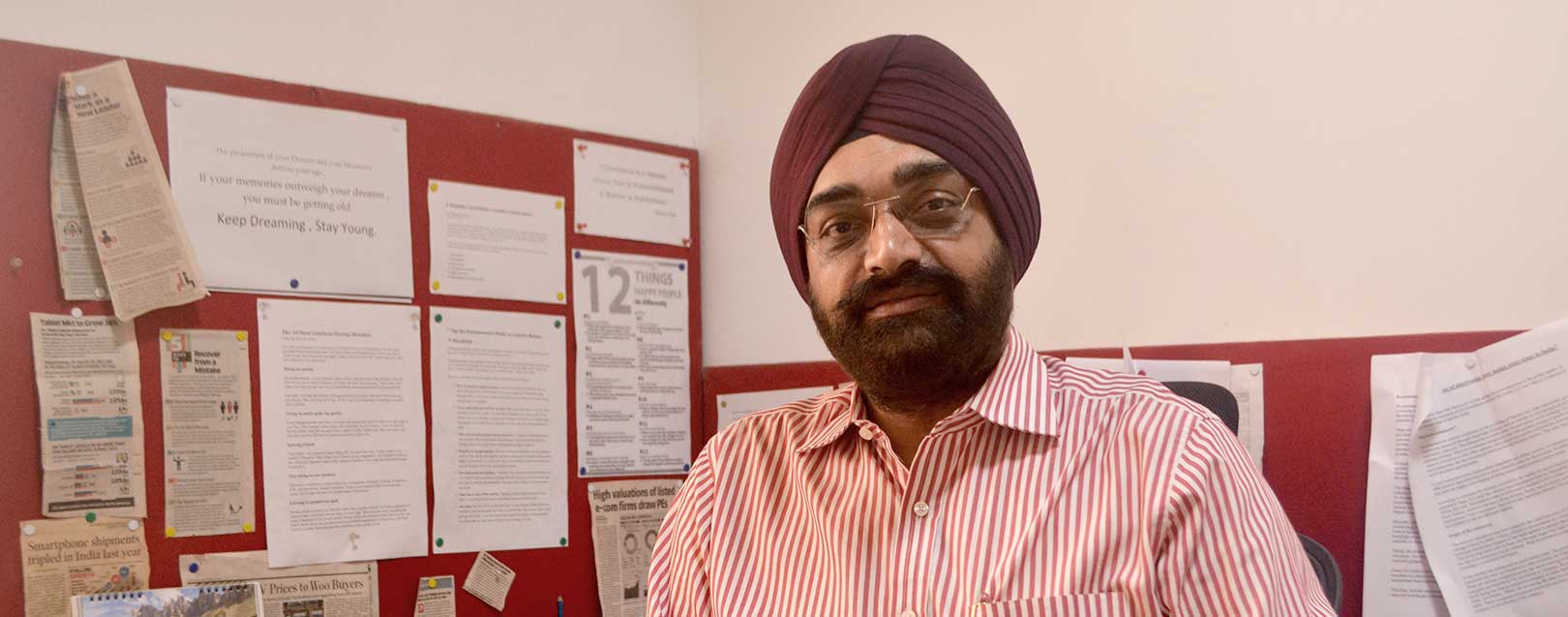
70% of our revenue comes from tier II and III cities: H S Bhatia
By Deepak Kumar
Speaking to The Dollar Business, H S Bhatia shares his company’s success story and its long-term business expansion plans in domestic and international markets.
TDB: Can you tell us about your current business?
H S Bhatia (HSB): We run two portals, www.bizpluss.in and www.surpluss.in. They serve different needs of the industry and generate about 90% of our revenue. We buy surplus products from manufacturers, exporters and brands from Dubai, China and the US, and sell them on our platforms. One is a B2B portal, where small resellers and dealers buy products for their shops, and the other is a B2C, where customers can directly buy from us and we deliver the products at their doorsteps, like any other normal e-commerce company.
TDB: How did you come up with this business model?
HSB: We came across an American website, Overstock that sells surplus items, generating about $8-9 billion revenue, the only one of its kind in the US. We had a feeling that this business model could probably work well in India, too. We did some groundwork and met some industry experts, which made us realise that there was potential in the thought. And we went ahead. The initial response was good. Today, we are seen as a pain reliever for many brands, companies, manufacturers, exporters and even e-commerce companies.
TDB: What was the trigger behind the launch of Bizpluss and who are your customers?
HSB: When we started with Surpluss, we realised that there were many shop owners who were frequently buying products from our portal, and reselling them at a normal market price. It was then that we decided to launch the Bizpluss, a B2B platform, to cater to those customers. Almost 30-40% of our buyers are resellers from small towns.
In October 2015, we participated in the Canton Fair, in China, and showcased our plug-and-play model. We spoke about the opportunities in India and urged them to promote their brands with us. In India, it takes more than a year for a new company to set up its brand. But, we assured them that through us they can market their products without having to go through the hassles. There are 7 or 8 brands that are considering the proposal.
We now have almost 18,500 resellers on board. Our offices in Delhi, Bengaluru and Mumbai are all equipped with robust infrastructure and warehouses, and VAT registration in all the Indian states. We are already importing a lot of surplus products from across the world, but as we expand the business, we will import more brands and products.
TDB: Are you present in any country outside India?
HSB: No, we are not. But we have been receiving franchise queries from many international markets, including Dubai. If everything goes well, we will have a Surpluss model in Dubai by the year end and will support them with the technology, royalty and expertise. We would like to make Bizpluss a separate brand in India because currently, it comes under the umbrella of Surpluss. We have also received queries from China, Turkey, Europe and the US from large and small electronic appliances segment.
TDB: What are the company’s expansion plans?
HSB: We have identified countries where Indian way of working exists based upon that we have categorised our plans into three categories. First, we want to expand the outreach of Bizpluss and Surpluss across India, second, we want to take Surpluss as a brand and as a business model to various parts of the world. We are focusing on Middle East, Latin America, Africa and South East Asia because we see enough potential in these countries. Third, we want to bring in more international brands to our Bizpluss model. At Surpluss, we don’t want to sell cheaper brands, but we want to sell brands cheaper. It is aimed at fulfilling the aspirations of those buyers who cannot afford to spend on branded products.
TDB: What segment of cities does your revenue come from?
HSB: Almost 70% of our revenue comes from tier II and III cities because these are the places where customers are becoming more brand conscious, but don’t have the means. The other factor that works in our favour is that we give warranty to every product that we sell, either by us or the brand. In India, the surplus market will grow along with the economic growth. We plan to take a giant leap and target a Rs. 324,000 crore market scenario, in the electronics, mobiles, apparels and IT product segments.
TDB: How do you promote your brand?
HSB: At the moment, we don’t have any offline marketing, we are focusing on digital marketing, mailers and referrals. Whoever has visited our website and shopped from us knows the value for money as a result 35% of our customers are repeat customers.
TDB: Given the fact that you’re selling the items at a heavily discounted price, your business has the potential to catch on really fast. That is yet to happen, why?
HSB: We are keeping a low profile as this is a new concept in India. It took a while for the customers to accept Surpluss as a true value for money proposition, well, even the sellers have taken time to understand that the surplus generated by them should not be put in the traditional distribution system, as it creates conflict. It has also taken time for us to set up the infrastructure. But now that things are moving fast, we are sure to take off in the next two years.
TDB: How do you import products from overseas? Do you face any challenges?
HSB: We don’t import products ourselves, but we source our merchandise from many aggregators and importers, with whom we have contracts. However, now that the quantity is growing bigger, we are trying to fully launch Bizpluss and not depend on them. So, once the business becomes fully operational, we will be on our own! But there are some products that can’t be imported because the government has a very strict import policy in place.
TDB: Who are your competitors in the market?
HSB: There are a few companies, like Greendust, with a similar business model, but they’re simultaneously focusing on multiple things. They are more into offline marketing, with almost 100 stores across the country. However, we are a pure-play online platform, with a massive outage – out of 28000 odd pin-codes in the country, we are catering to almost 18,000 pin-codes.
TDB: How do you plan to stay ahead in this competitive market scenario?
HSB: There are three things – sourcing, selling and operations. Being in the industry for more than 20 years, sourcing has not been a problem. Meanwhile, I think our online portals are the biggest platform for the sellers to buy products – we also intend to establish some offline stores over a period of time. As for operations, I think our teams have the requisite experience to stay ahead of the curve. I think we have done our math right!
TDB: What is the company’s long-term goal? And how do you see the Indian market shaping up in the future?
HSB: We are pitching up a proposition to import components and establish assembly units in India. This is how we can contribute to the ‘Make in India’ initiative. I think once the GST becomes effective, procedures like state registration will become redundant. The government is also encouraging start-ups by giving financial assistance, such as waiving off the first two years of EMI and 0.5% rebate. These things will have a positive impact on our businesses!

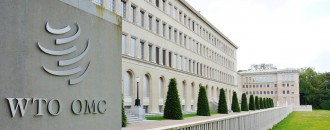
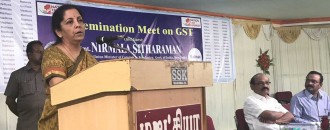
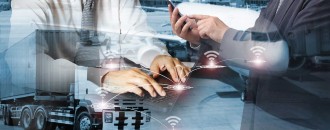
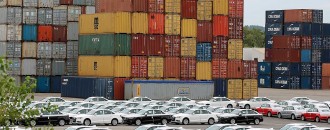
 to success.
to success.